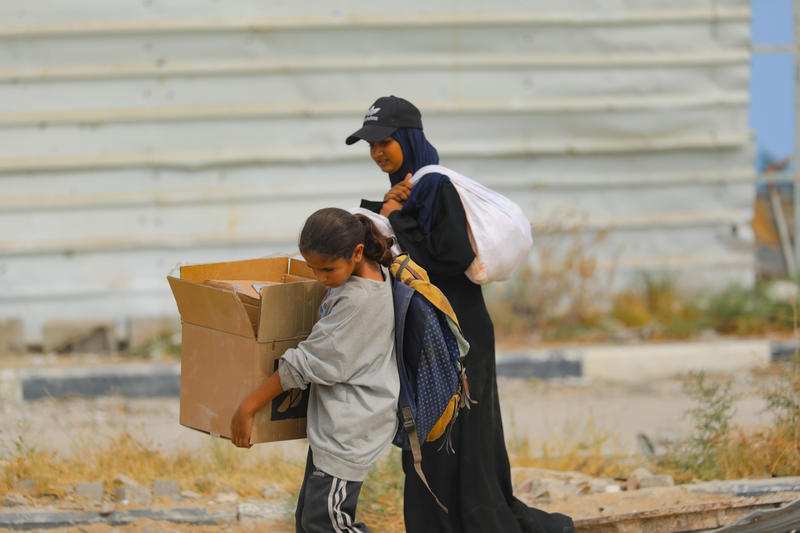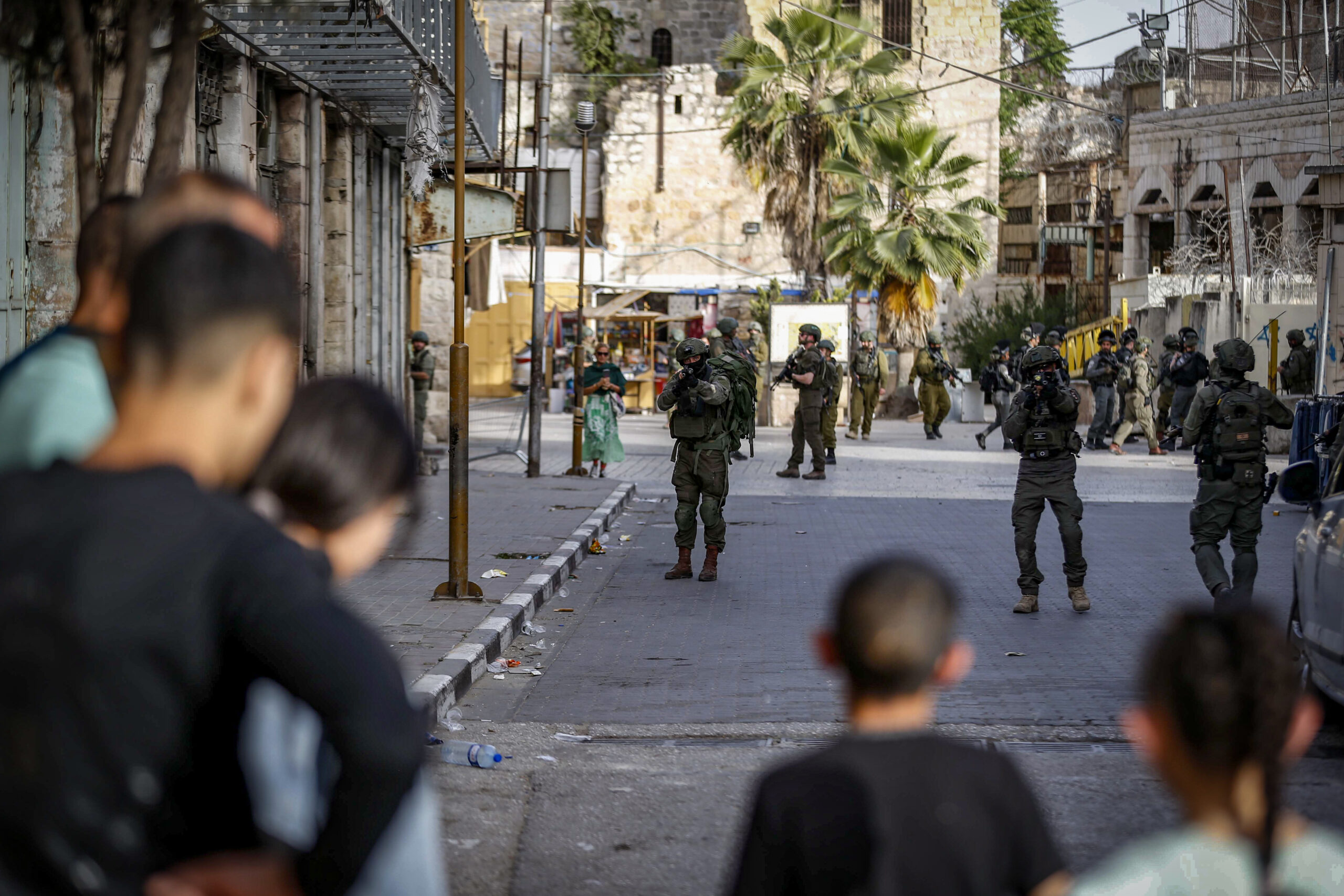The headlines blared: “Genocide scholars accuse Israel of genocide.” Reuters reported that 86% of members of the International Association of Genocide Scholars (IAGS) voted in favor of a resolution determining that Israel’s actions in Gaza constitute genocide.
Sounds like overwhelming consensus, doesn’t it?
Except it isn’t.
Scratch the surface, and the entire story falls apart. That 86% figure is not from the 500-strong membership of IAGS. It’s 86% of those who bothered to vote. And how many was that? Roughly 129. Which means the number of “scholars” behind this sweeping condemnation of Israel is about 111. That’s just over one in five IAGS members.
The resolution was put to IAGS’s 500 members presumably by email ballot. According to IAGS by-laws, resolutions are voted on either at a biennial gathering, or via email ballot. Given that the next biennial gathering is scheduled for October 20-24, 2025, the previous had to be over a year ago and thus not the source of this particular resolution. It follows that the vote on this resolution regarding “genocide” in Gaza was conducted via email ballot. And only 129 responded. Of those, 86% voted in favor — about 111 people.
Takeaway: 72% of IAGS members did not vote for this resolution. They abstained, ignored, or refused to put their name to it.
Sleight of hand
IAGS’s own bylaws make this sleight of hand possible. They only require a two-thirds majority of “participating” members, not the full body. And just 20% of members need respond to make a vote “valid.” Which means they can — and did — push through a highly politicized resolution with the backing of a small activist minority, and deceptively presented it was the “voice” of their entire field.
This wasn’t a case of “only 129 showed up, but they are representative.” We can assume the ballot was sent to all 500 members (if not, was selective bias involved?), and only about 25–28% chose to respond at all. Again, IAGS bylaws make this technically valid. But “valid” is not the same thing as “consensus.” By any common-sense standard — or by analogy to a national election — if 72% of eligible voters stay home, you can’t trumpet the result as “the will of the people.” You’d rightly say the outcome is tainted.
If this is the gold standard of academic rigor, no wonder the world is confused about the meaning of the word “genocide.”
Media complicity
And Reuters? By reporting “86% of members” without making clear that three-quarters of members never voted, they gave the impression of a scholarly mandate where none exists. It’s technically true. But it’s profoundly misleading.
But by now, that’s hardly surprising.
Lack of academic standards
As for the resolution itself, it accused Israel of “widespread crimes against humanity, war crimes and genocide,” repeating Hamas talking points about starvation, rubble, and aid workers. Israel’s Foreign Ministry rightly called it “an embarrassment to the legal profession and to any academic standard.” Because it ignores the documented efforts Israel has made to avoid civilian casualties in perhaps the most challenging urban warfare setting on earth, as well as an unprecedented campaign to feed the enemy population in a time of war. Hardly the behavior of a nation bent on genocide.
The statement of the International Association of Genocide Scholars (IAGS) is an embarrassment to the legal profession and to any academic standard.
It is entirely based on Hamas’s campaign of lies and the laundering of those lies by others. The IAGS did not do the most basic… pic.twitter.com/tGUo2UNEsl— Oren Marmorstein (@OrenMarmorstein) September 1, 2025
And remember, according to the official legal definition of that word, genocide requires intent, not just causality figures. There is clearly no intent on Israel’s part to kill everyone in Gaza. If there were, Israel could accomplish that goal in an afternoon.
The real scandal
Genocide is a severe accusation that demands the most rigorous standards of verification. Hamas statements should not suffice. A minority of IAGS scholars nevertheless made this shameful determination. Most apparently did not agree.
The real scandal here is not Israel. It is that a handful of academics hijacked the language of genocide and used it as a political weapon, with the eager participation of the mainstream media. Out of 500 members, 111 raised their hands. That’s not consensus. It’s an echo chamber. It’s a minority vote dressed up as expert authority.
Seventy-two percent of genocide scholars refused to back this resolution. That is the fact that matters.
Want more news from Israel?
Click Here to sign up for our FREE daily email updates














